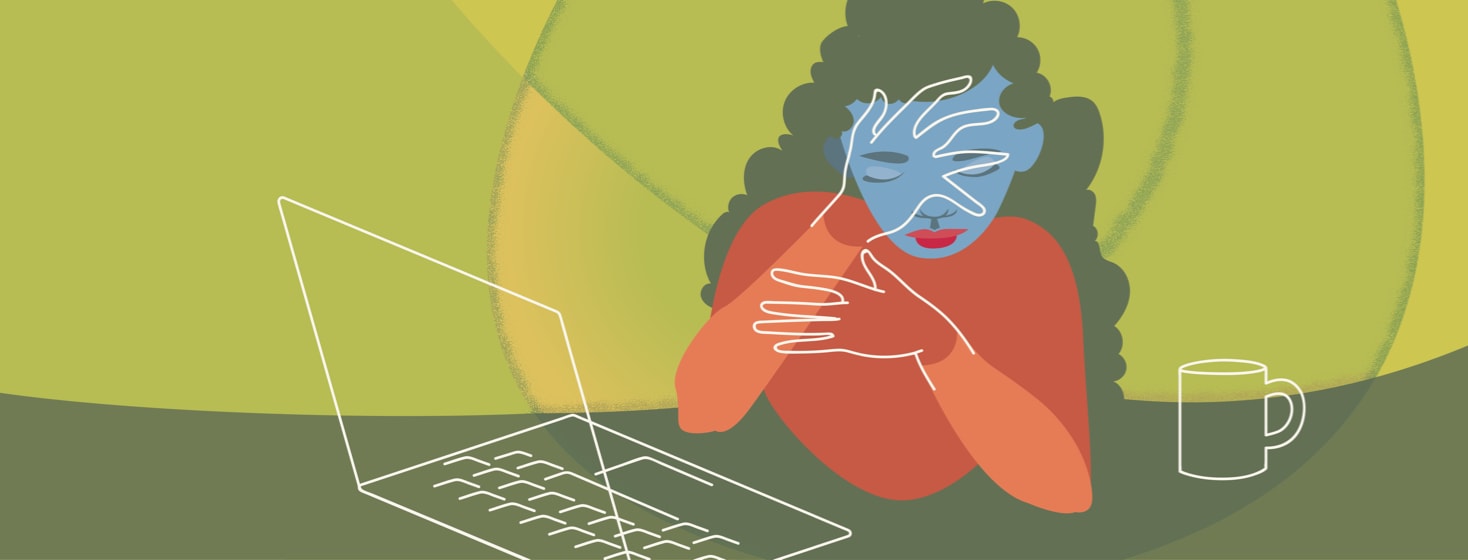3 Ways (Other Than Pain) Arthritis Affects my Ability to Work
The demands of a career can be a lot to handle when we've already got our hands full caring for our health. A lot of people suggested that I get a desk job so my legs and spine (what affects me the most) won't hurt. And while it has helped me a lot, something that loved ones sometimes struggle to understand is that arthritis doesn't begin and end with pain. Even on low-pain days, it can still be a struggle to function.
Of course, pain does have a significant effect on our ability to work. It touches every part of our life and can make it hard to focus, perform, and even get ready for work in the morning. And it's often the reason some of us have had to stop working. But there are so many other symptoms that can make having a career difficult.
Working through fatigue
Anyone else ready for an after lunch nap? Because I feel like I would be 200% more productive if I was able to take a twenty-minute nap in the afternoon.
I've never gotten a great reaction when I tell others about how fatigue affects me. Almost every time I reveal my struggle, they say "I'm tired, too." I wish others realized that arthritis fatigue is so much more than just feeling tired in the morning.
There are days where chronic fatigue makes it hard to get anything done. Heck, getting ready in the morning can be impossible some days. Fatigue can make it feel like you have a never-ending case of the flu, or like your clothes are made of chainmail. Functioning can feel impossible.
Stiffness all day
What do repetitive motions, sitting at a desk, and driving a truck all have in common? They can make someone with arthritis feel extremely stiff.
Stiffness can have a huge impact on your ability to do your job correctly. Being stiff can significantly reduce your range of motion and make many tasks difficult, even just grabbing a coffee (I'm notorious for spilling). And it can last long after work is over. But it's also downright uncomfortable and makes it hard to concentrate.
Unfortunately, it's not always easy to prevent. Breaks to stretch can help a lot, but they can be very interruptive. Getting up and moving frequently may not be possible due to the nature of your job.
Working through the fog
There are days I would lose my head if it wasn't attached.
Of all the ways arthritis impacts my ability to work, I think brain fog is the one that I have the hardest time coping with emotionally. I try my best to make sure it doesn't hurt my work performance, but it does happen, some days more than others. It's especially hard when things get busy and stressful, and you really need to be on your A game.
But at the end of the day, we are only human. Checklists, reminders, 5 minute breaks to calm down, and teamwork help a lot, but things slip. There is no such thing as a perfect person and we all make mistakes.
Carrying on
Many people with arthritis go to work every day, whether through desire or necessity. But just because we can, doesn't mean it's easy. A desk job doesn't solve all our problems, nor does an ergonomic chair.
I love my job, and I've been very fortunate with my health. But I still struggle despite having every ergonomic comfort and a short commute. I really wouldn't be able to do it without support from my boyfriend and family. Small things such as gifts of planners, help with chores, and back massages go such a long way.

Join the conversation